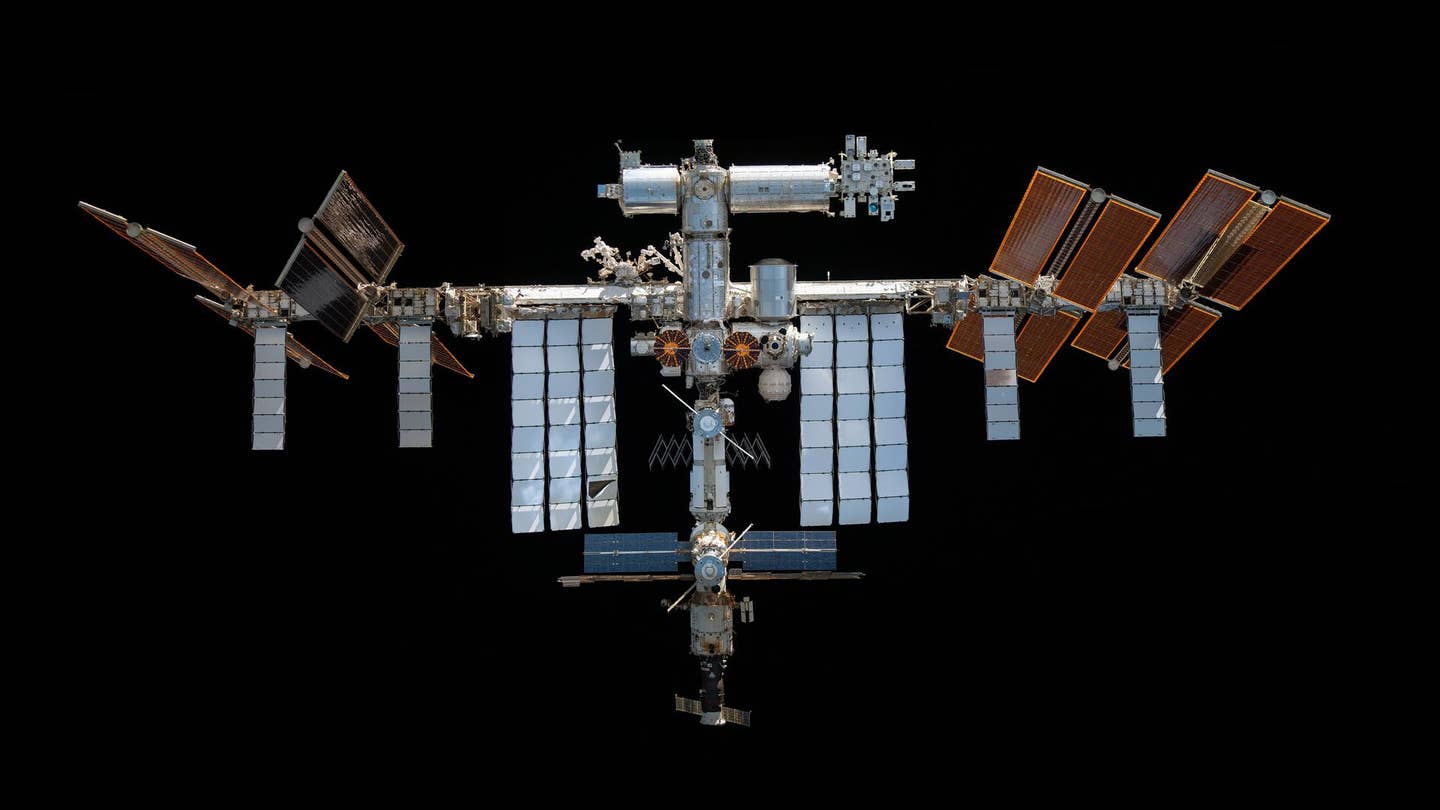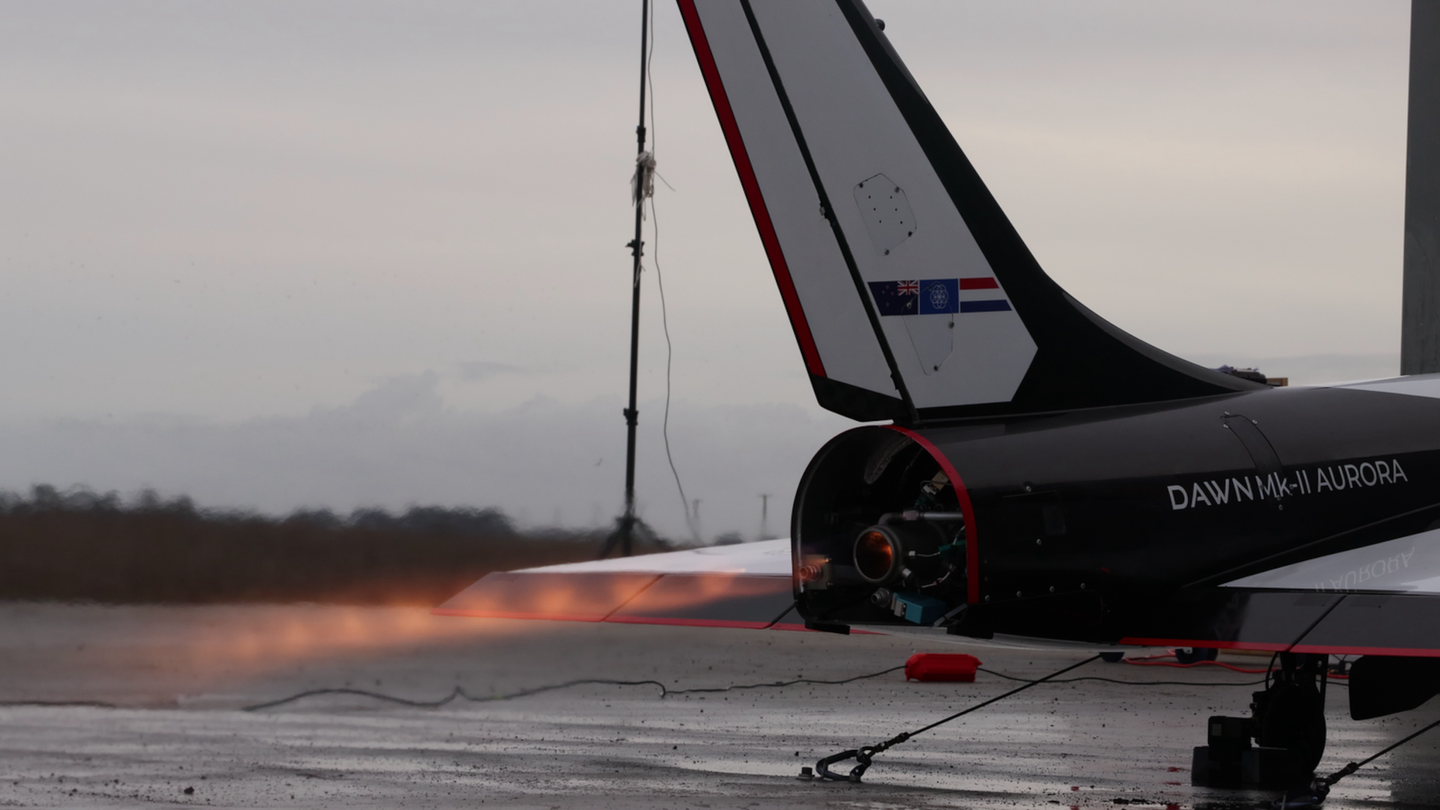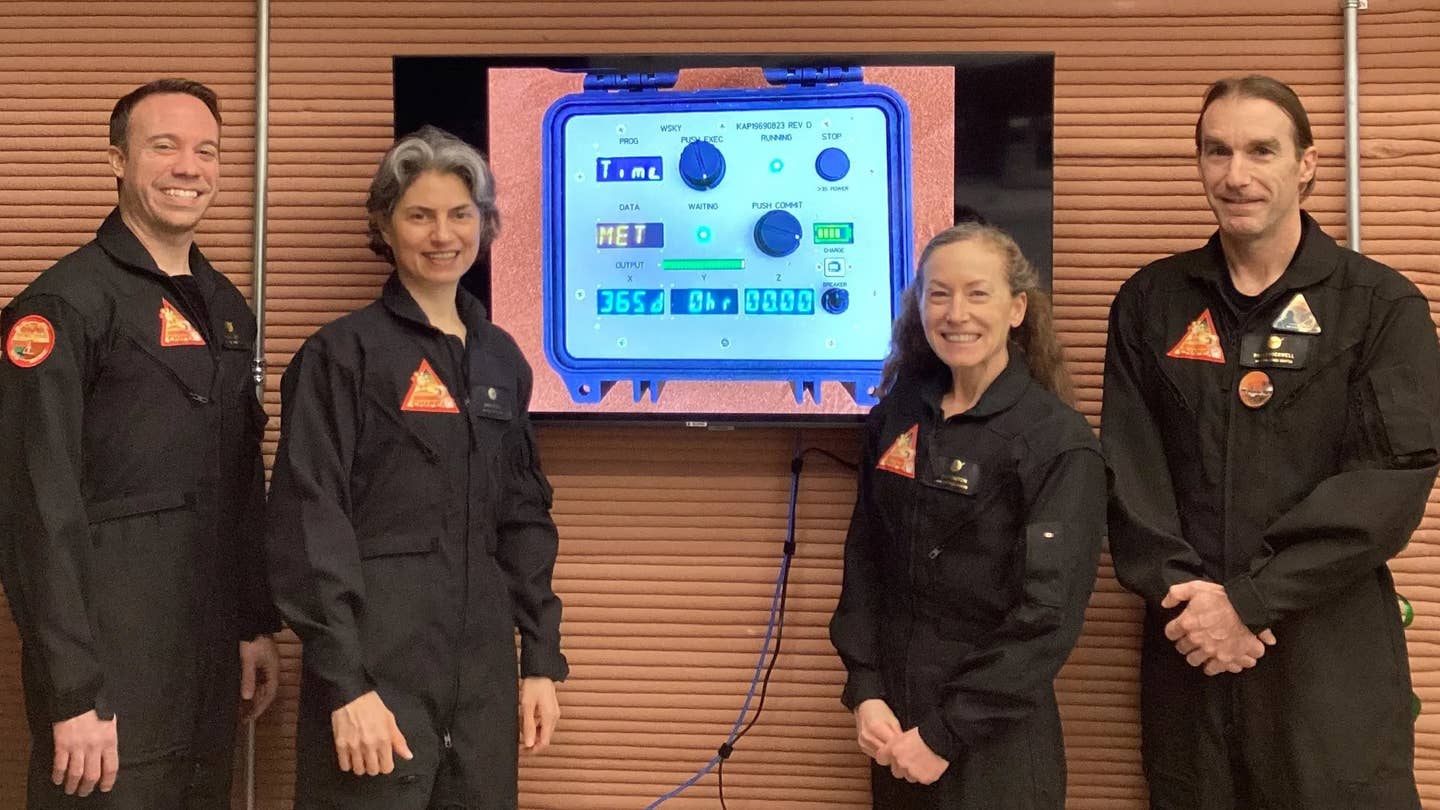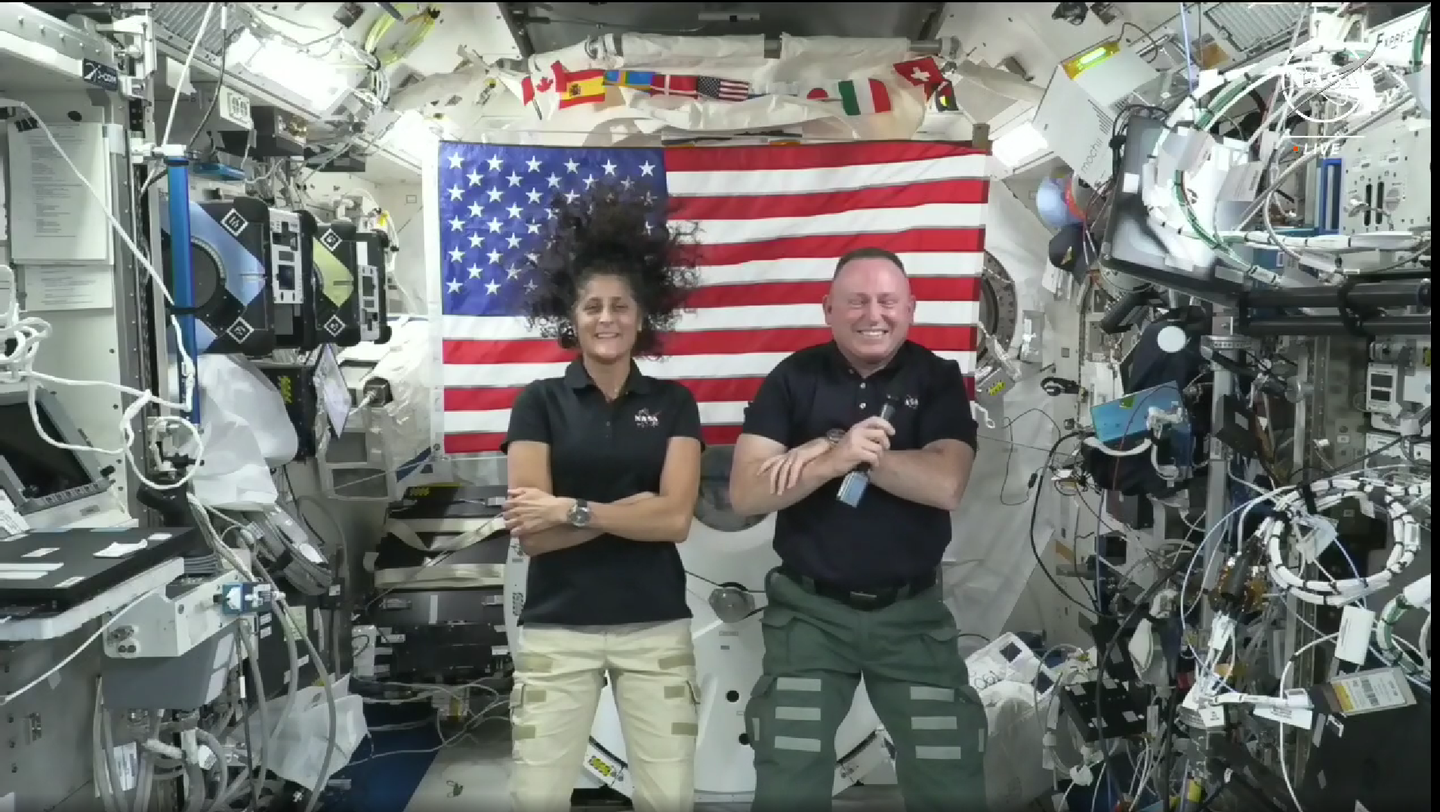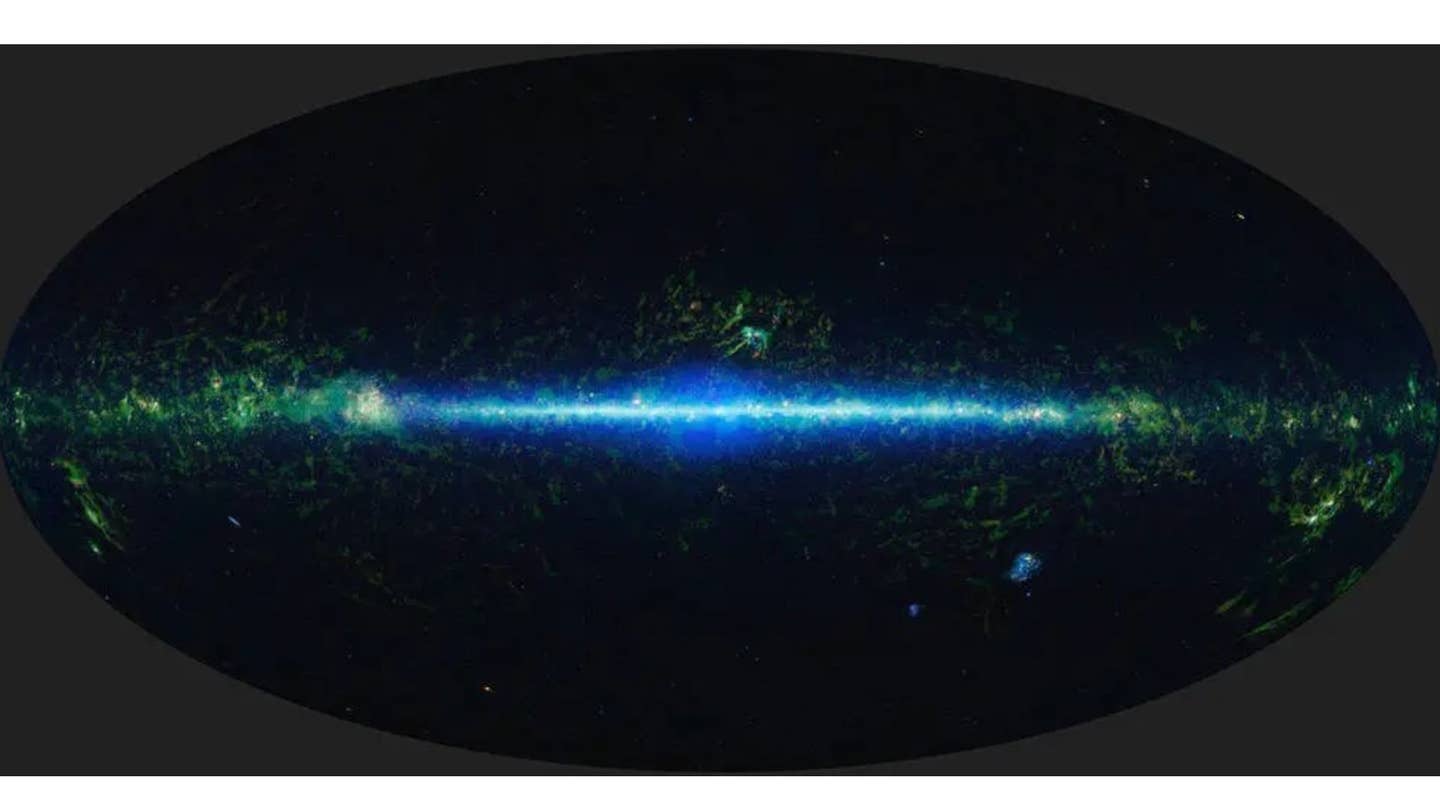NASA Gears Up for 2024 Total Solar Eclipse
The space agency released a list of viewing events and a tool that illustrates what the April 8 eclipse will look like in your ZIP code.
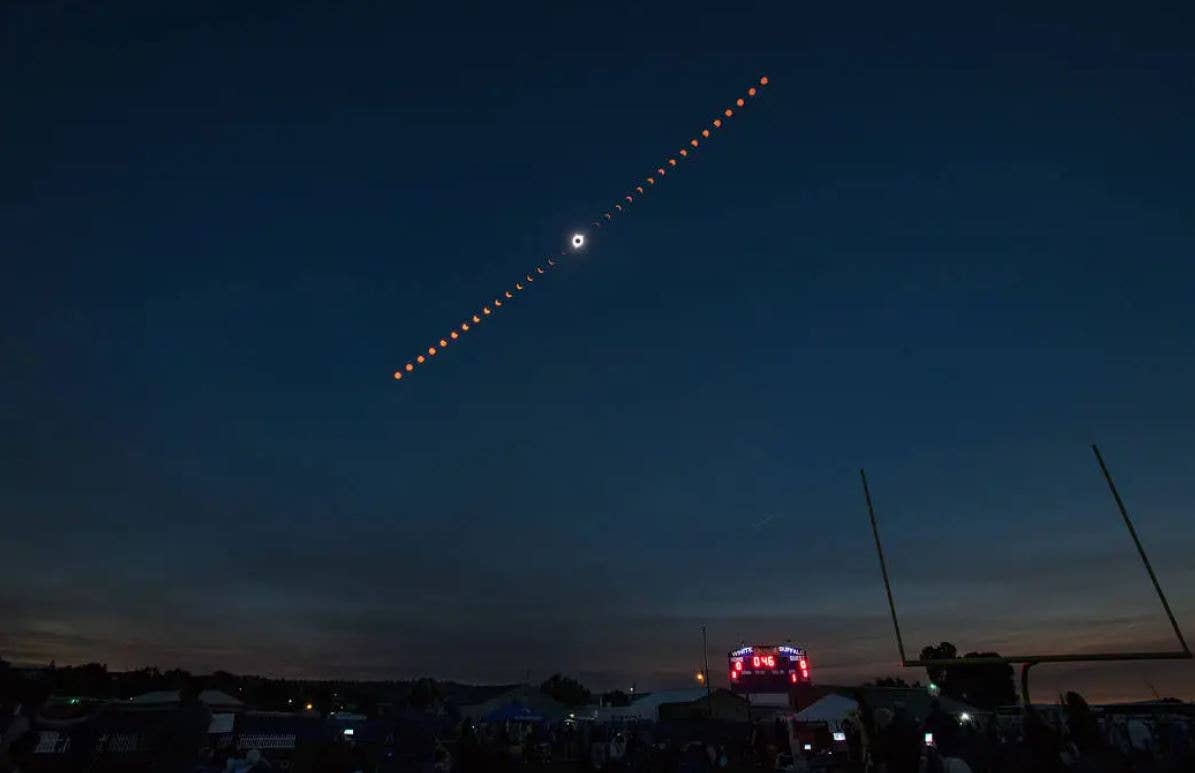
This composite image shows the progression of a total solar eclipse over Madras, Oregon, on August 21, 2017. [Courtesy: NASA/Aubrey Gemignani]
On April 8, the moon will pass in front of the sun, blocking out its light. The total solar eclipse will, for a moment, turn day into night, briefly revealing the sun's outer atmosphere, the corona.
The 2024 total solar eclipse will be visible in 15 states. In North America, more than 30 million are estimated to live in its path that will range from 108 to 122 miles wide, according to NASA. For those viewing the event, safe solar viewers or eclipse glasses will be needed to avoid eye injury.
If you miss it, decades will pass before there's another opportunity to view one in the U.S. The next total solar eclipse will be August 23, 2044.
“This year’s total solar eclipse will be at least partially visible to all in the contiguous United States, making it the most accessible eclipse this nation has experienced in this generation,” said Nicola Fox, associate administrator of the science mission directorate at NASA Headquarters in Washington, D.C.. “There is space for everyone to join NASA in experiencing this beautiful amalgamation of our Earth, sun, and moon in an alignment that will not only lead to new scientific discoveries but an incredible shared moment of inspiration and awe.”
Want to know how far away the eclipse path is from you? NASA released an online eclipse explorer tool that illustrates its path and what it will look like from your ZIP code.
The Eclipse Explorer tool may be found here.
2024 Total Eclipse Events
April 6
- Waco, Texas: STEAMclipse festival. The festival is open to the public, with no registration required.
April 8
- Kerrville, Texas: Kerrville Eclipse Festival at Louise Hays Park. Space in the event cannot be reserved, and you will not need a ticket to enter. Details are available online.
- Stonewall, Texas: Eclipse viewing at Lyndon B. Johnson National Historical Park. The event is free and open to the public. No registration is required, but attendance is limited to the first 1,000 cars on April 8. More information is available online.
- Austin, Texas: Eclipse viewing at the Austin Central Library. Event will include free public talks, children's activities, and a solar telescope.
- Waco, Texas: Eclipse Over Texas: Live From Waco! Tickets required.
- Dallas: Eclipse viewing at the Dallas Arboretum. Admission tickets are sold out. More information is available online.
- Dallas: Sun, Moon, and You at the Dallas Cotton Bowl. Free tickets required, check online for more details.
- Russellville, Arkansas: Eclipse events in multiple locations. More details available online.
- Carbondale, Illinois: Southern Illinois Crossroads Eclipse Festival. Tickets are required, and information is available online.
- Indianapolis: Eclipse viewing at Indianapolis Motor Speedway. Tickets are required for guests over 18. Information is available online.
- Cleveland: Total Eclipse Fest at the Great Lakes Science Center. Event is free and open to the public with no registration required. Information is available online.
- Erie, Pennsylvania: Eclipse viewing at Mercyhurst University. Event is free and open to the public with no registration required. Information is available online.
- Niagara Falls, New York: Eclipse events in multiple locations. Many are free and open to the public, and registration may be required based on space constraints. Information is available online.
- Houlton, Maine: Eclipse events in multiple locations. Eclipse viewing in downtown Houlton on April 8 is free and open to the public.
- Washington, D.C.: Solar Eclipse Festival on the National Mall. Event is free and open to the public with no registration required. Information is available online.

Subscribe to Our Newsletter
Get the latest FLYING stories delivered directly to your inbox

